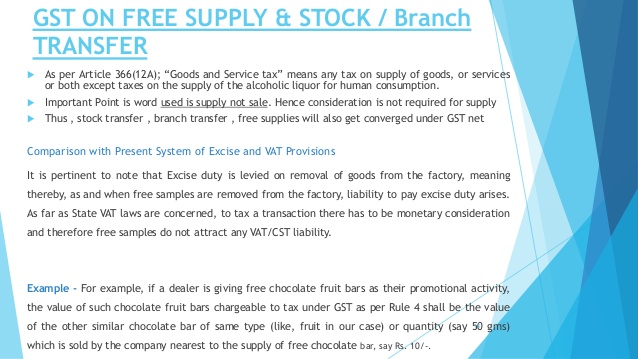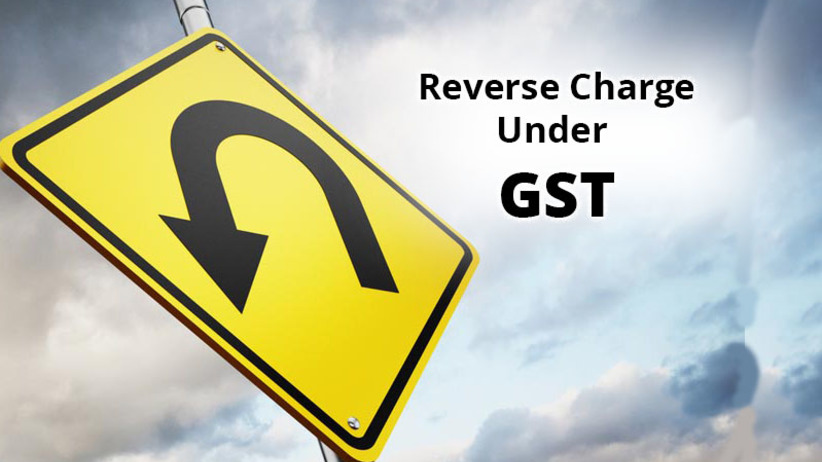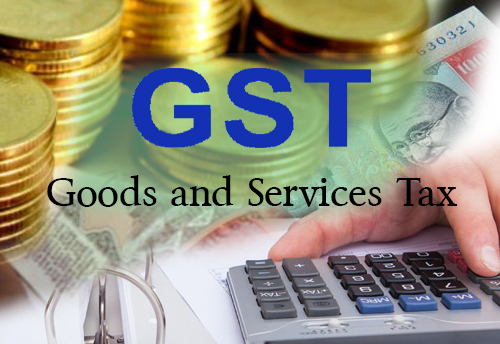Some Common Queries about Goods & Services Tax Answered

 The introduction of Goods & Services Tax (GST) is going to be a remarkable step in the reform of indirect tax in India. Clubbing of many Central and State taxes into a single one would mitigate double taxation leading to the development of a common national market.
The introduction of Goods & Services Tax (GST) is going to be a remarkable step in the reform of indirect tax in India. Clubbing of many Central and State taxes into a single one would mitigate double taxation leading to the development of a common national market.
The simplicity of the tax laws would make its enforcement an easier task. From the point of view of a consumer, the advantage would be a reduction in the total tax burden on goods, which is presently estimated at about 25%-30%.
The free movement of goods from one state to the other without waiting at state borders for long hours for clearing payment of state tax will be checked. It is also expected that there will be a reduction in paperwork to a great extent.
Changes that would come with the launch of GST:
The rate of tax under GST may be zero for the time being. However It has been proposed to regulate the revenues of the States from the effect of GST with the expectation that in GST will be levied on petroleum and its products.
The government has assured states of compensation for any loss of revenue that might be incurred by them from the introduction of GST for five years.
Due to the reason that India is a federal country, GST would be implemented by the central government and by state governments simultaneously.
Dual model of GST:
The GST is going to have two components, one levied by the Centre (known as Central GST) and the other levied by the States (known as State GST). The rates of taxation for Central GST and State GST will be prescribed accordingly.
This dual model of GST would be implemented through many statutes for the states.
When payable:
The Central GST and the State GST would be payable in case of all transactions of goods and services made in lieu of a consideration except the exempted ones. GST would not apply to goods that are outside the ambit of GST and the transactions which are below the prescribed limits.
The Central GST and State GST would be payable to the accounts of the Centre and the States separately.
As the Central GST and State GST would be treated separately, taxes paid against the both of them shall be allowed to be taken as input tax credit for the Central GST and could be used against the payment of Central GST only.
Cross utilization of input tax credit between the Central GST and the State GST would not be allowed except in some special cases of inter-State supply of goods and services.
The benefits of GST:
- For business and industry – GST will ensure easy compliance. A comprehensive IT system would be the foundation of GST in India. All tax payer services like returns, payments, etc. would be available online, which would make compliance easy for the taxpayers in the country.
GST will also ensure that indirect tax rates are common throughout the country, thus increasing the ease of carrying on business in the country tax, irrespective of the place of business.
GST would ensure that there is minimum chance of cascading of taxes in the country. This would reduce the hidden costs of business.
Reduction in costs of transaction for doing business would improve competitiveness for business and industry.
The clubbing of major Central and State taxes in GST would reduce the cost of locally manufactured goods and services that would increase the competitiveness of Indian goods and services resulting in development of Indian exports. The uniformity in tax rates across the country would also reduce the compliance cost.
- For Central and State Governments – GST is going to replace many indirect taxes at the Central and State levels and it would be simpler to administer GST than all other present indirect taxes of the Center and State level.
GST will result in better tax compliance due to the easy transfer of input tax credit from one stage to another by traders.
GST is expected to reduce the cost of collection of tax revenues of the Government resulting in higher revenue efficiency.
- For the consumer – Under GST, there would be a single tax from the manufacturer to the consumer that would result in transparency of taxes paid to the ultimate consumer.
GST would provide a relief in the overall tax burden on most commodities which will be beneficial for all consumers.
The Prime Minister Mr. Narendra Modi has recently said that “GST will bring liberty from tax terrorism ” in India
Also read:
https://www.itrtoday.com/all-about-taxation-under-gst/


 Sales Tax For E-Commerce: 3 Things Small Businesses Should Know
Sales Tax For E-Commerce: 3 Things Small Businesses Should Know  What Is The GST Liability on Free Supply of Goods and Services?
What Is The GST Liability on Free Supply of Goods and Services?  Some FAQs about GST- Understanding Scope and Provisions of GST
Some FAQs about GST- Understanding Scope and Provisions of GST  Understanding the Reverse Charge mechanism under GST and IGST?
Understanding the Reverse Charge mechanism under GST and IGST?  Pros and Cons of GST- Is Ushering in of GST worth Celebrating as media wants us to believe?
Pros and Cons of GST- Is Ushering in of GST worth Celebrating as media wants us to believe?  Arrests and Detention Provisions under GST in Detail- Are these justified
Arrests and Detention Provisions under GST in Detail- Are these justified  ITAT Amritsar: No Section 269SS Violation for One-Time Cash Payment Before Sub-Registrar
ITAT Amritsar: No Section 269SS Violation for One-Time Cash Payment Before Sub-Registrar  Tax Officials Unleash Digital Dragnet: How New Raid Powers Redefine Privacy, Property Rights in India and likely to Fuel Corruption
Tax Officials Unleash Digital Dragnet: How New Raid Powers Redefine Privacy, Property Rights in India and likely to Fuel Corruption  Income Tax Department Rewards for Reporting Tax Evasion: A Comprehensive Guide
Income Tax Department Rewards for Reporting Tax Evasion: A Comprehensive Guide  Forfeiture of Gratuity by Employer- What are the Remedies for an employee- Can employer be challenged?
Forfeiture of Gratuity by Employer- What are the Remedies for an employee- Can employer be challenged?